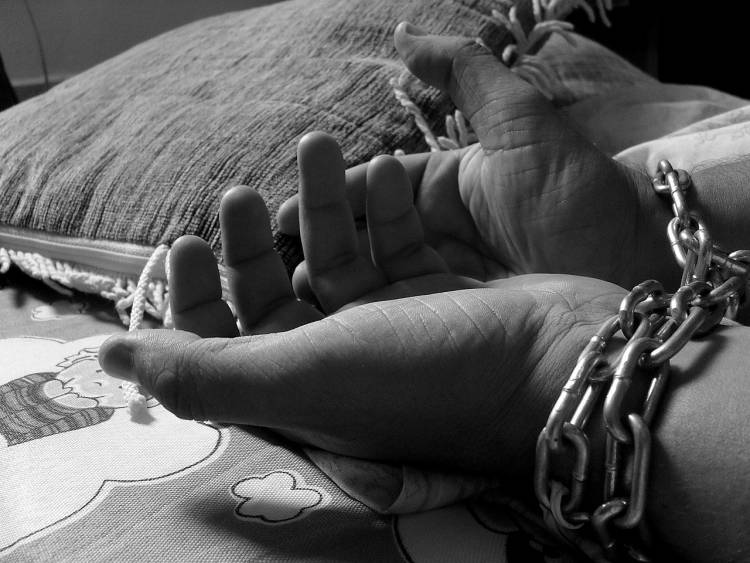Combating Human Trafficking: A Global Call to Action Supported by Startling Statistic

Introduction
Human trafficking, a grave violation of fundamental human rights and freedoms, remains a pressing global concern. UN Secretary-General António Guterres, in his recent message for the Day, highlighted the urgency of addressing this heinous crime that preys on vulnerability and thrives in times of conflict and instability. The statistics surrounding human trafficking, as revealed in the 2022 Global Report on Trafficking in Persons by the UN Office on Drugs and Crime (UNODC), underscore the gravity of the situation and the need for intensified counter-trafficking efforts.
The Scale of the Issue
-
Underreported Cases: The 2022 Global Report on Trafficking in Persons reveals a concerning trend where over 50% of human trafficking cases are brought forward by victims or their families. This indicates that authorities are struggling to detect and protect victims, resulting in underreported instances of trafficking.
-
Gender Disparities: Women and girls, constituting approximately 60% of detected victims, are more likely to endure sexual exploitation and face higher levels of violence at the hands of their captors. On the other hand, men and boys are increasingly being exploited for forced labor and criminal activities.
The UN Chief's Call to Action
Secretary-General António Guterres stressed the severity of the issue, noting that the majority of detected victims are women and children who endure brutal violence, forced labor, and horrific sexual exploitation and abuse. He emphasized that traffickers continue to operate with impunity, with their crimes receiving inadequate attention. Guterres called for strengthened law enforcement efforts to bring these criminals to justice and urged the global community to provide more support to survivors in their efforts to rebuild their lives.
Global Response to Trafficking in Persons
The campaign for the World Day Against Trafficking in Persons 2023, led by UNODC, seeks to raise awareness about the disturbing developments and trends in human trafficking. It calls upon governments, law enforcement agencies, public services, and civil society to take collective action against this grave crime. To effectively combat human trafficking, the following steps are crucial:
-
Prevention: Robust prevention measures are essential to reduce the vulnerability of potential victims. This involves education and awareness campaigns to inform people about the tactics traffickers use and how to recognize the signs of trafficking.
-
Identification and Support: Authorities must improve their ability to detect trafficking cases and provide support to victims. This includes specialized training for law enforcement and social services personnel to ensure a victim-centered approach.
-
Ending Impunity: Stronger legal measures and international cooperation are necessary to hold traffickers accountable. Ensuring that criminals who exploit and commodify human beings face the full force of the law is critical.
-
International Cooperation: Given the transnational nature of human trafficking, international cooperation is paramount. Countries must work together to dismantle trafficking networks and ensure that traffickers have no safe havens.
-
Survivor Assistance: Providing comprehensive support for survivors is essential. This includes access to medical and psychological care, legal assistance, and opportunities for economic empowerment to help survivors rebuild their lives.
Conclusion
Human trafficking remains a grave violation of fundamental human rights and freedoms, with women and children disproportionately affected. The statistics presented in the 2022 Global Report on Trafficking in Persons highlight the urgent need for intensified efforts to combat this crime. UNODC's campaign for the World Day Against Trafficking in Persons 2023 serves as a clarion call to action, urging governments, law enforcement, public services, and civil society to strengthen prevention, identify and support victims, and end impunity. By uniting against human trafficking, we can strive to build a world where no one can ever be bought, sold, or exploited. India has 20 million sex workers out of whom 16 million are victims of sex trafficking

 admin
admin 






















Comments (0)
Facebook Comments